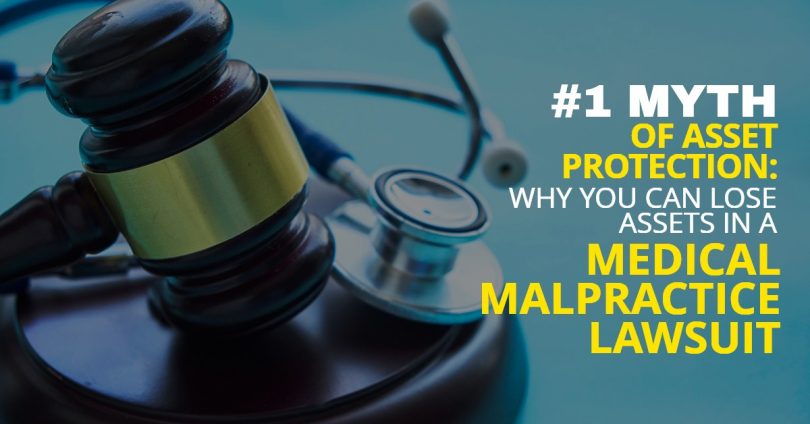Many medical professionals, as well as their advisors, often incorrectly assume that having $1-3 million in malpractice insurance coverage means they are virtually immune to personal asset loss in the event of a malpractice claim. However, this line of thinking fails to account for numerous factors such as the amount of damages sought and the extent of coverage provided by the policy. Thus, while malpractice insurance is important, it is not a foolproof safeguard against potential financial losses from a malpractice suit.
Obtaining precise information can prove difficult in relation to Medical Malpractice Lawsuits
Acquiring accurate data can be a challenging task. When it comes to tracking the number of physicians who lose personal assets due to malpractice lawsuits, obtaining this information can be nearly impossible. The legal system only discloses filed cases and judgments, not the collections of those judgments. Therefore, there are no reports available that indicate what happens after a judgment is made. For example, it is unknown whether a plaintiff settles for the amount of the medical malpractice insurance, or if they pursue the physician’s personal assets to satisfy any excess judgments. This lack of information is not limited to one location, as dozens of malpractice actions are decided every week in many states. While most decisions favor the physician defendant or result in small judgments for the plaintiff, there are also very large judgments awarded to plaintiffs. Although many physicians and their advisors assume that plaintiffs will accept malpractice insurance coverage instead of pursuing personal assets, there are reasons to believe this may not always be the case.
Prioritizing Payment Over Eviction
Lawsuits and judgments against physicians can have serious consequences even if they don’t ultimately lead to eviction. Rather than seeking to evict a physician outright, plaintiffs with a judgment will instead usually file a lien on their real estate, levy their bank accounts, or place levies or liens on any of their other assets in order to secure payment up to the full amount of the judgment. This typically necessitates that the physician takes out a loan against their home in order to settle the judgment, making it a common occurrence for those facing legal action.
The Responsibility of Plaintiff Attorneys: Obtaining Compensation
Attorneys advising doctors often make the assumption that protecting personal assets is not necessary as plaintiffs and their attorneys will not pursue them due to ethical reasons. However, from the perspective of the plaintiff and their attorney, the attorney has a professional and ethical obligation to represent their client’s best interests to the fullest extent of the law. For instance, if an attorney represents a client with a $4 million judgment, of which only $2 million was paid by insurance, and the attorney is aware that the defendant possesses unprotected assets worth millions that can be attacked to obtain full payment for the client, the attorney has a professional obligation to do so. Failure to pursue those assets could lead to malpractice liability for the attorney.
Physicians often misunderstand that plaintiffs and attorneys will not go after their assets due to ethical considerations. However, ethical rules require attorneys to pursue such assets, highlighting the inaccuracy of the advice that asset protection is unnecessary.







